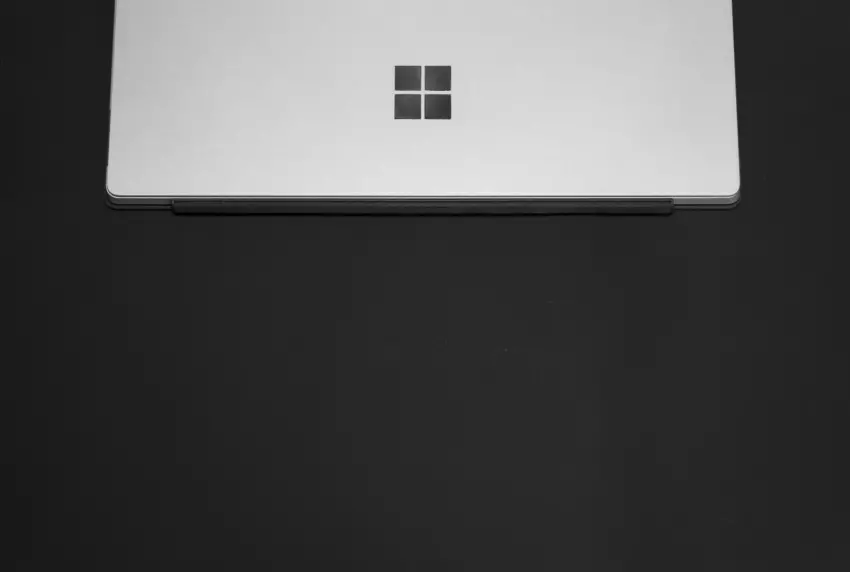
Microsoft Delays AI “Recall” Feature Over Security Concerns
Microsoft is pausing the mass rollout of “Recall,” an AI feature intended for new CoPilot+ PCs that shipped in late June. Due to privacy concerns, Recall will only be available to a small group of users instead of immediately being available on the new computers.
Recall records user activity, from web browsing to voice chats, and creates a search history stored on the computer. It takes screenshots and compiles them into activity logs that act as a visual timeline, which users can search to recall a particular activity.
Previously, Microsoft announced that Recall would become broadly available on Copilot+ PC, a new line of AI-powered personal computers, on June 18. For now, only Windows Insider Program (WIP) members will be able to preview the feature. WIP is an open software testing program comprised of millions of Windows enthusiasts and developers. After Microsoft collects feedback from the WIP community on Recall, it plans to release the tool in a preview for all Copilot+ PC users.
Right after its announcement, Recall was met with criticism. Industry experts expressed concerns that malicious actors could use Recall to build tools that retrieve user data and spy on users. Social media users, including Elon Musk, weren’t keen on Recall either, with the billionaire calling it a “Black Mirror episode” in reference to the Netflix series famous for its dystopian depictions of technology.
Microsoft responded to the backlash by announcing that Recall would be turned off by default and require an opt-in. The company also assured that it implemented advanced security measures, such as requiring Recall users to enroll in Windows Hello. This program requires users to verify their identity with a PIN, fingerprint, or face ID.
Microsoft’s decision to delay Recall comes after its Vice Chair and President Brad Smith was called to testify before Congress regarding the company’s cybersecurity practices and after a federal panel criticized Microsoft for failing to protect government officials’ emails from hackers.













